15 Stars Who Were Sidelined by Hollywood—Then Made a Powerful Comeback
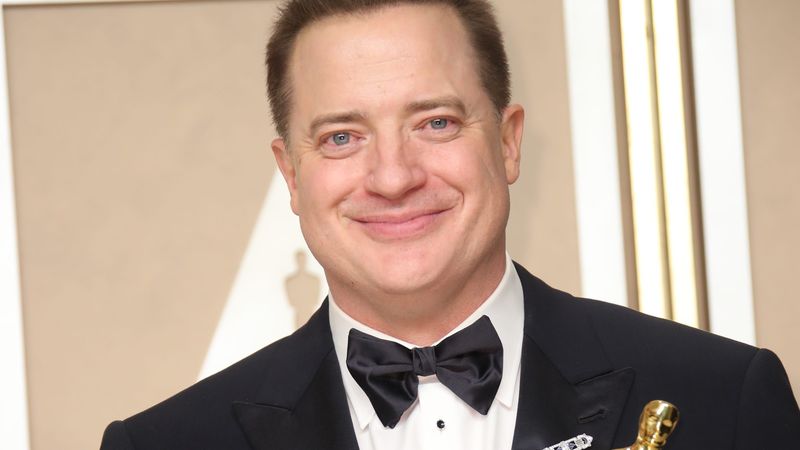
Hollywood may look glamorous on the outside, but behind the scenes, careers can be crushed in an instant. Being blacklisted in the entertainment industry often means lost roles, damaged reputations, and years—if not decades—of struggle. Some stars were silenced for their political beliefs, others for challenging the status quo, and a few for personal missteps that the industry wouldn’t forgive. But the story doesn’t end there. These 15 celebrities didn’t just fade into the background. They took on the system, fought for redemption, and made powerful comebacks that proved resilience can be stronger than reputation.
1. Charlie Chaplin
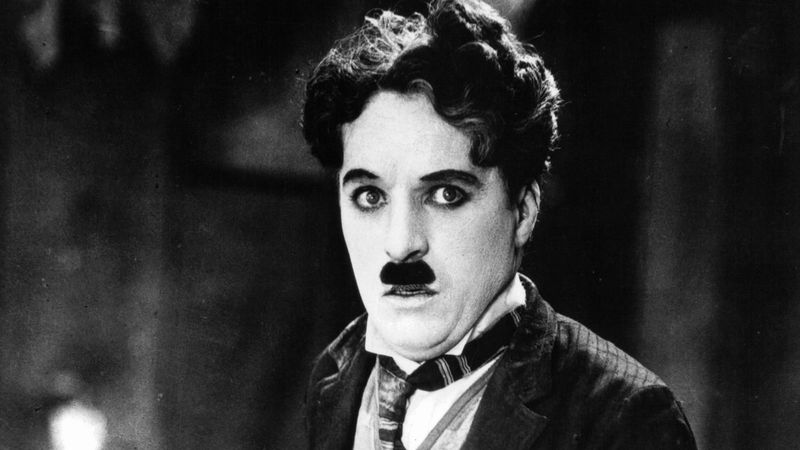
Long before cancel culture had a name, Chaplin was one of its earliest victims. His outspoken political views and alleged Communist sympathies drew the attention of the FBI and HUAC during the McCarthy era.
He left America in 1952 after his reentry permit was revoked. Rather than beg for forgiveness, Chaplin reinvented himself in Europe, directing A King in New York and continuing his artistic legacy. Decades later, the Academy invited him back to the U.S. to receive an honorary Oscar, and the crowd gave him a 12-minute standing ovation—a record still unmatched.
2. Dalton Trumbo
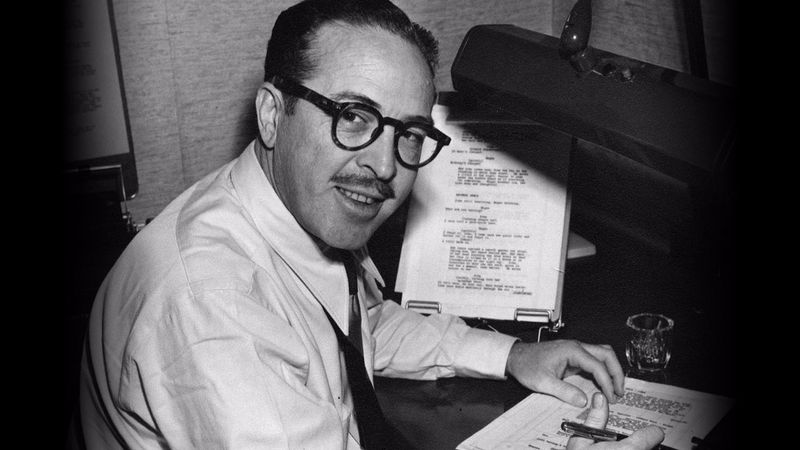
Few writers in Hollywood history have faced the kind of professional exile that Dalton Trumbo endured. As a member of the “Hollywood Ten,” he refused to testify before the House Un-American Activities Committee, landing him in prison and on the blacklist.
Despite the silence imposed on him, Trumbo continued to write under pseudonyms. Two of his hidden works—Roman Holiday and The Brave One—won Academy Awards. Eventually, his real name was restored, thanks in part to public support and director Otto Preminger crediting him for Exodus. His story was later adapted into the acclaimed film Trumbo, starring Bryan Cranston.
3. Jane Fonda
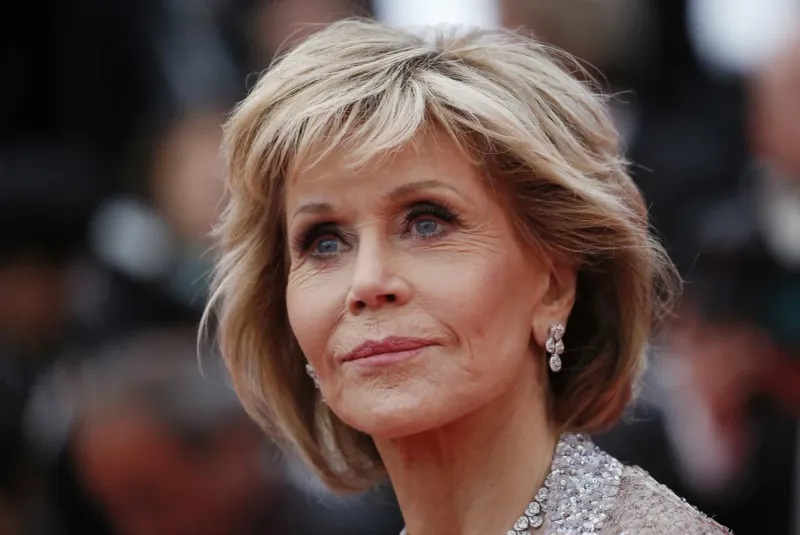
While she’s now an acclaimed actress and activist, Fonda was once one of the most controversial figures in America. Her trip to North Vietnam during the Vietnam War earned her the nickname “Hanoi Jane” and effectively blacklisted her from many Hollywood circles.
Studios hesitated to cast her, and public backlash was intense. But Fonda doubled down on her activism, later becoming a fitness mogul and winning multiple Oscars. Over time, her legacy evolved into one of resilience and advocacy. Today, she’s seen as a trailblazer who refused to be silenced—on screen or off.
4. Monique
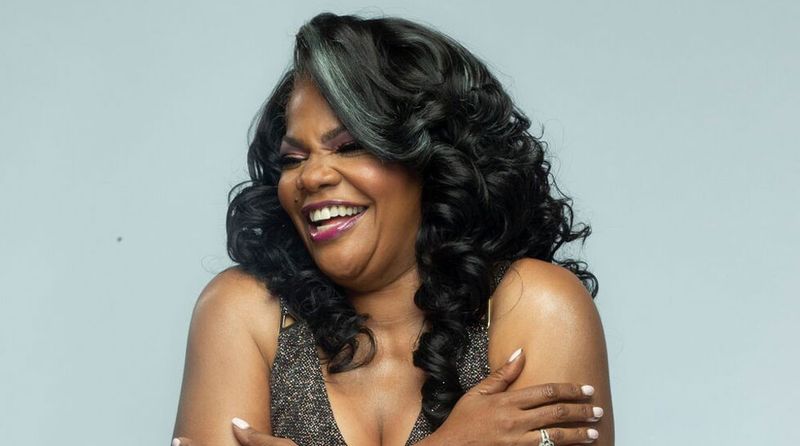
After her Oscar-winning performance in Precious, Mo’Nique’s career should have soared—but it didn’t. She claims she was blackballed for refusing to “play the game” and do unpaid promotional work during awards season, something she says male stars aren’t asked to do.
Hollywood turned cold, with key figures like Oprah and Tyler Perry accused of turning their backs on her. Rather than fade away, Mo’Nique took her case public, called out hypocrisy, and returned to her roots in stand-up. Her powerful 2023 Netflix special, My Name is Mo’Nique, reminded everyone why she deserves a place in the spotlight.
5. Brendan Fraser
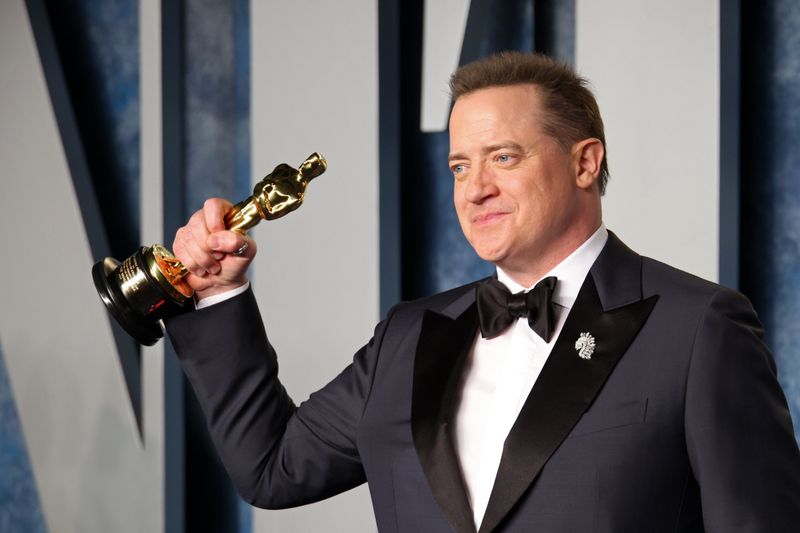
Hollywood fans were shocked when Brendan Fraser seemingly vanished from the spotlight. Behind the scenes, he struggled with physical injuries, mental health challenges, and a chilling allegation that he was groped by a powerful figure at the Hollywood Foreign Press Association.
The trauma led to a decline in roles, and Fraser became a symbol of a fallen star. But he didn’t give up. Instead, he slowly rebuilt his career, taking roles in independent films and TV shows. His triumphant return came with The Whale, earning him a long-overdue Oscar and cementing his status as a beloved comeback king.
6. Rose McGowan
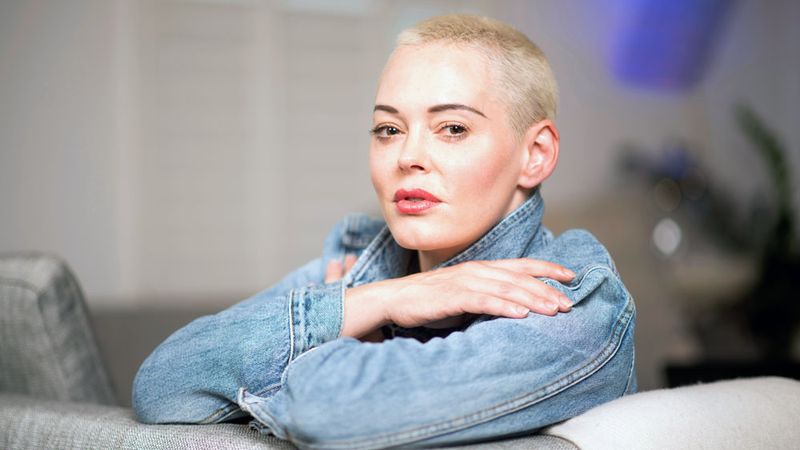
As one of the first actresses to publicly accuse Harvey Weinstein of sexual assault, Rose McGowan faced immediate pushback. Her career took a hit, and she alleged that powerful forces in Hollywood conspired to discredit and silence her.
Despite the backlash, McGowan never backed down. She published a memoir titled Brave, starred in a documentary series Citizen Rose, and became a central figure in the #MeToo movement. While her acting roles may have slowed, her influence as a whistleblower and activist became even more powerful—redefining what it means to fight back in Hollywood.
7. Dave Chappelle
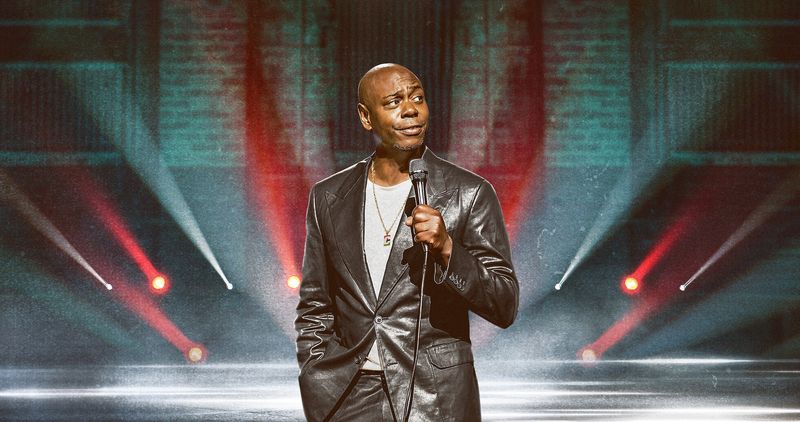
When Dave Chappelle walked away from a $50 million contract and the third season of Chappelle’s Show, many in the entertainment industry thought he had sabotaged his own career. Rumors swirled about his mental health, and he was unofficially frozen out of Hollywood.
Chappelle retreated to Ohio and quietly regrouped. A decade later, he reemerged with a string of Netflix specials that reestablished his dominance in comedy. Though some of his material has stirred controversy, he remains one of the most powerful voices in stand-up, proving that walking away doesn’t always mean giving up.
8. Isaiah Washington
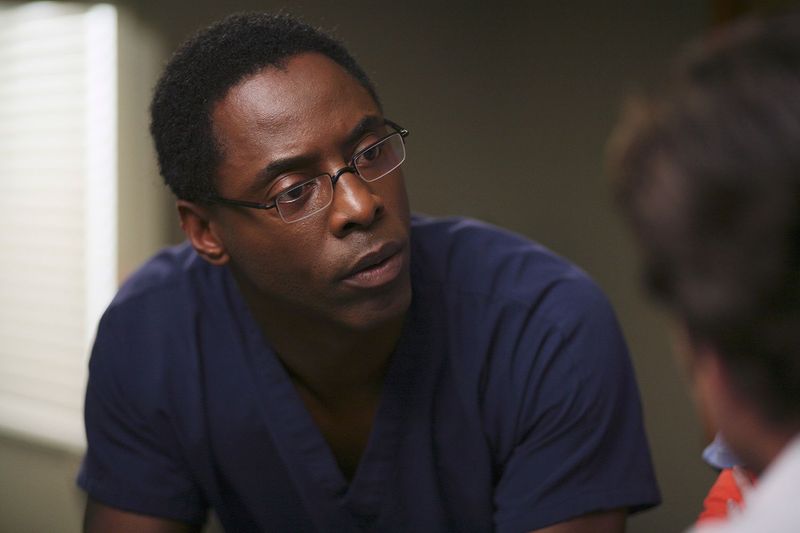
Fired from Grey’s Anatomy following a behind-the-scenes controversy involving a homophobic slur, Isaiah Washington faced swift industry backlash. Despite issuing public apologies, he found himself shut out of mainstream roles.
But Washington refused to stay down. He pivoted to independent films, took roles in smaller TV productions, and continued advocating for Black creatives. In recent years, he’s become more politically outspoken, often at odds with Hollywood’s majority stance—but always unapologetically himself. His story is one of transformation, resilience, and rebuilding outside the system.
9. Sinead O’Connor
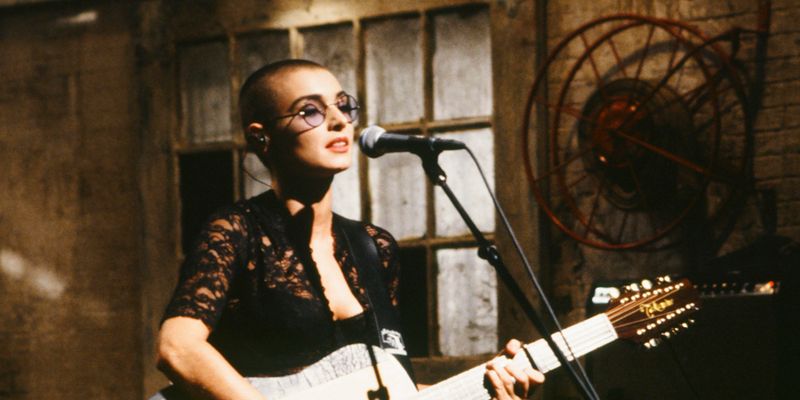
In 1992, the Irish singer shocked the world by tearing up a photo of the Pope on live television during Saturday Night Live, protesting child abuse in the Catholic Church. The backlash was immediate and brutal—radio bans, show cancellations, and widespread ridicule followed.
O’Connor stood firm in her convictions. Though she never regained mainstream pop status, she continued to release powerful music and speak out on mental health and justice. Only years later did many recognize she was ahead of her time. Her courage in speaking truth to power eventually earned her posthumous praise as a cultural icon.
10. Janet Jackson
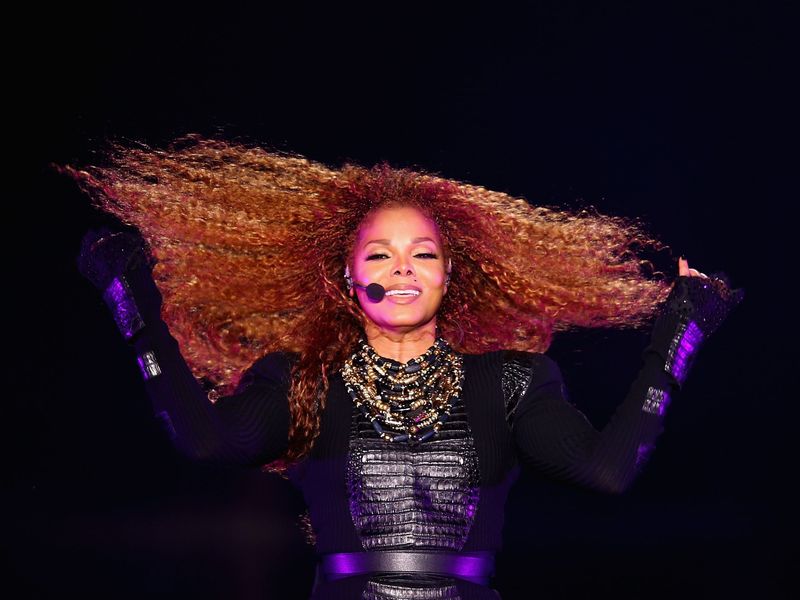
A split-second wardrobe malfunction during the 2004 Super Bowl halftime show ignited a media firestorm—and Janet Jackson paid the price. While Justin Timberlake’s career soared, Jackson was blacklisted by major media outlets and radio stations.
She was disinvited from the Grammys and faced massive career damage despite offering public apologies. Years later, with changing attitudes toward media accountability and gender double standards, her treatment was reexamined. Fans rallied, the #JusticeForJanet hashtag trended, and she returned to music and touring, reclaiming her legacy as a pop legend who refused to be defined by one moment.
11. Kathy Griffin
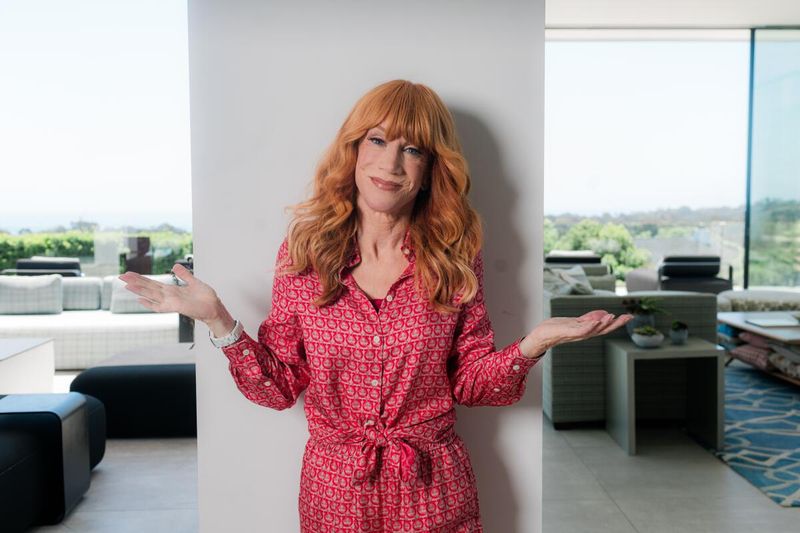
A graphic photo involving a Trump effigy put comedian Kathy Griffin in the center of a political and cultural firestorm. After the image went viral, she lost endorsements, tour dates, and even faced an FBI investigation.
For many, her career seemed over—but Griffin didn’t stay quiet. She released a documentary, continued her stand-up work, and openly criticized the double standards in comedy and politics. Though the road back was rocky, she eventually found her footing again, performing internationally and using her platform to discuss censorship, free speech, and artistic boundaries.
12. Megan Fox
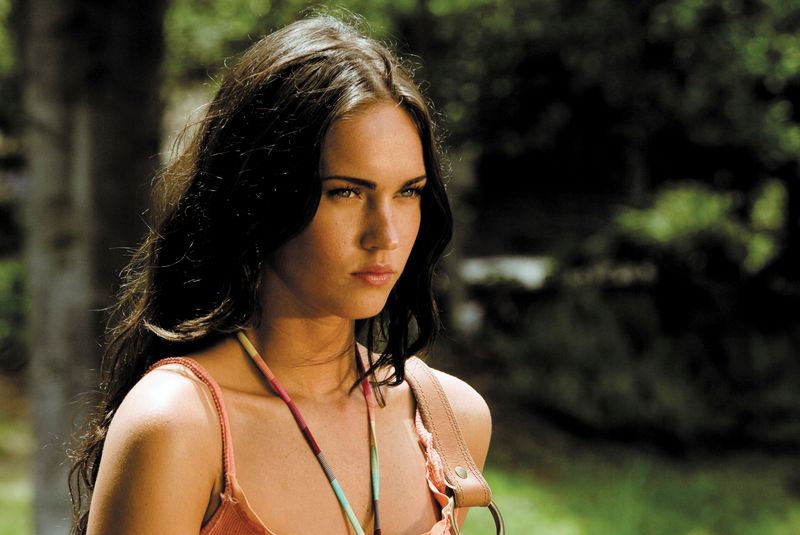
Criticizing a powerful director like Michael Bay doesn’t come without consequences. Megan Fox learned this when she compared Bay’s set style to Hitler’s. Allegedly pushed out of the Transformers franchise by producer Steven Spielberg, her star quickly dimmed.
Hollywood labeled her difficult, and she was relegated to lesser roles. But Fox staged a quiet comeback, embracing her image, taking roles in genre films, and becoming a pop culture fixture once again. Today, she balances motherhood, acting, and fashion in a way that feels on her terms—not the industry’s.
13. Ashley Judd
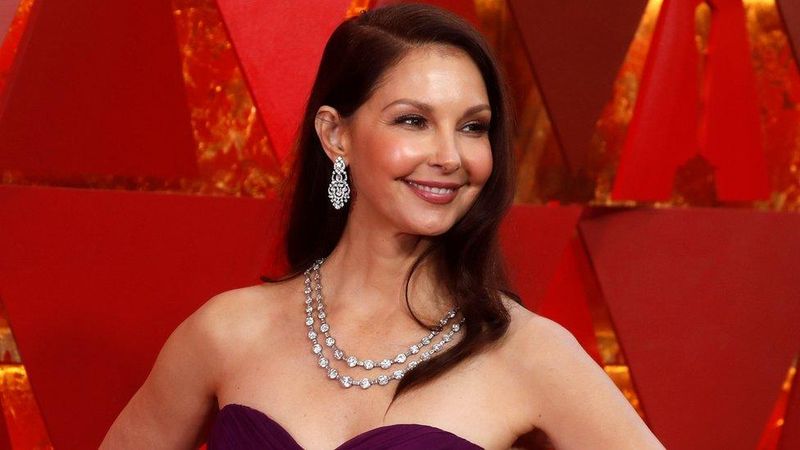
Before the #MeToo movement gained traction, Ashley Judd was already speaking out. She alleged Harvey Weinstein sabotaged her career after she rejected his advances, leading to a noticeable drop in major roles during her prime.
Judd later sued Weinstein for retaliation and became one of the movement’s most vocal advocates. Her courage helped ignite widespread change in the entertainment industry. While she hasn’t returned to leading roles in Hollywood, her influence has transcended acting. Today, Judd is a respected humanitarian and advocate for justice, showing that strength doesn’t always come with screen time.
14. Colin Kaepernick
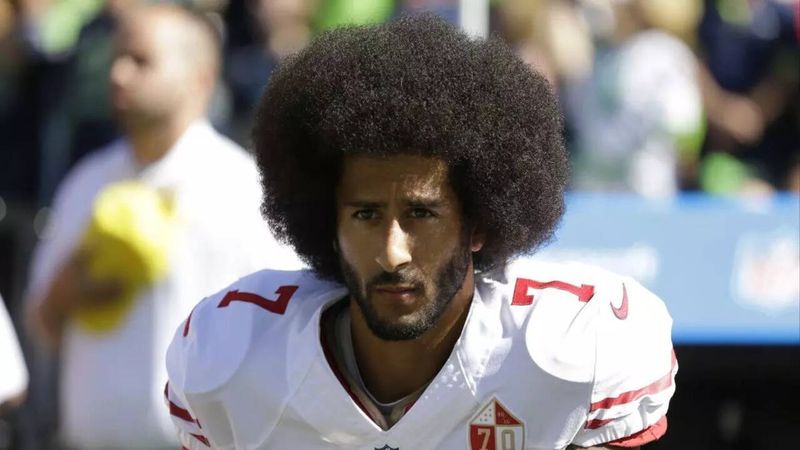
Taking a knee during the national anthem made Colin Kaepernick a lightning rod for political controversy. His peaceful protest against police brutality led to widespread backlash and, effectively, the end of his NFL career.
Despite being blackballed by the league, Kaepernick doubled down on activism. He started a foundation, launched educational campaigns, and signed a major deal with Nike. His actions sparked global discussions on race and protest, influencing athletes across sports. Though he hasn’t played professionally since, his voice has become louder than ever—proving that impact isn’t always measured in games won.
15. Robert Downey Jr.
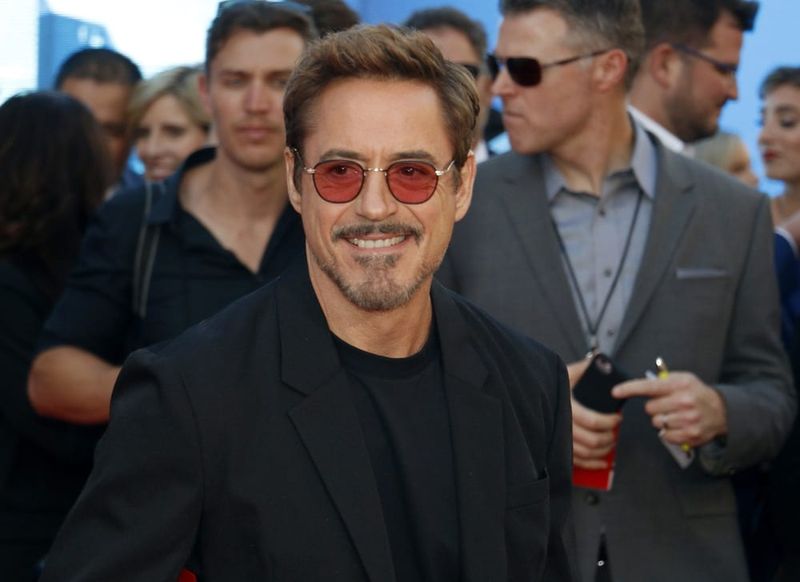
Once considered uninsurable due to his substance abuse and legal issues, Robert Downey Jr. became Hollywood’s cautionary tale. Studios wouldn’t hire him, and directors hesitated to cast him—even when his talent was undeniable.
His redemption began with smaller roles and relentless personal work to stay sober and stable. Then came a career-defining moment: Marvel took a chance on him as Iron Man. The rest is history. Downey didn’t just come back—he became the face of the highest-grossing film franchise in history, turning his story into one of the greatest comebacks ever.

Comments
Loading…